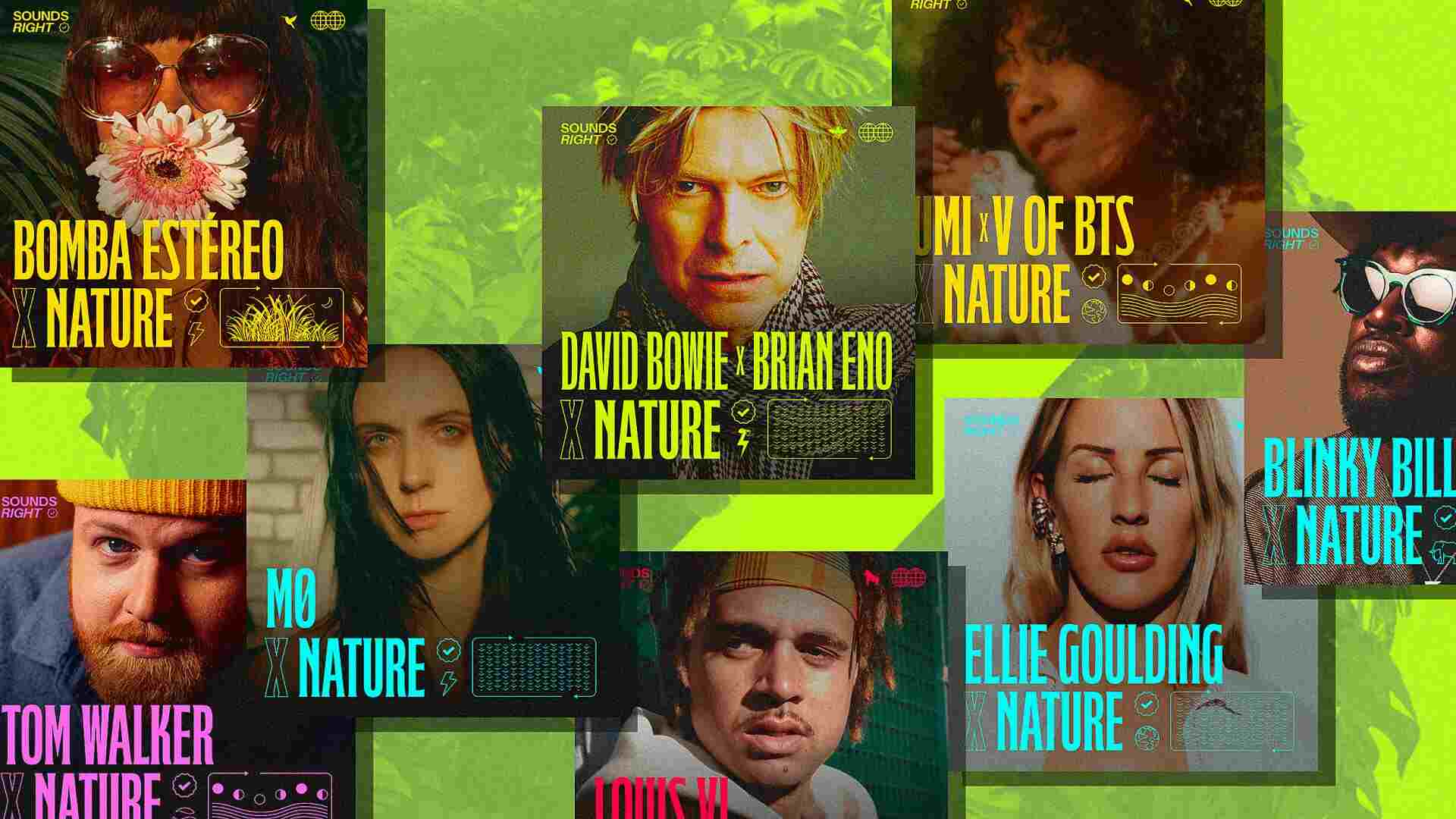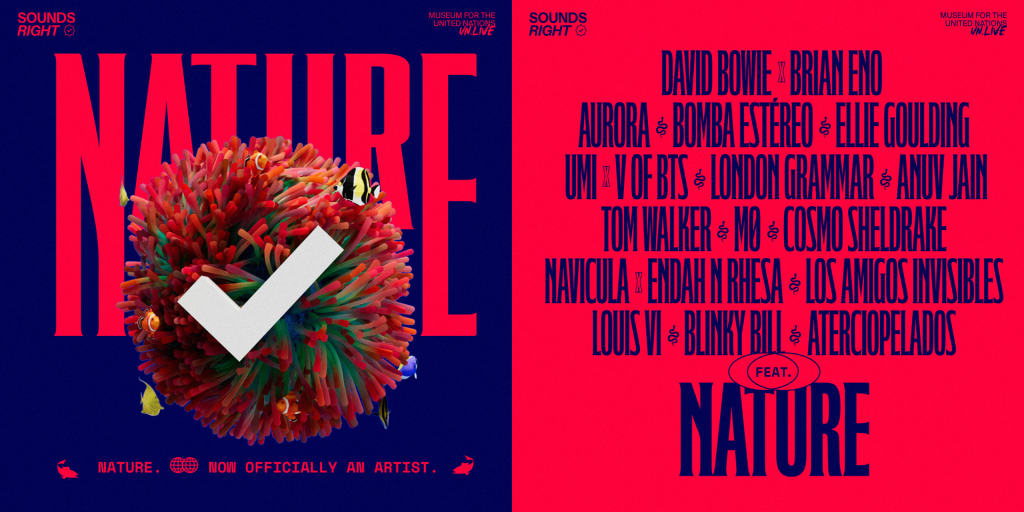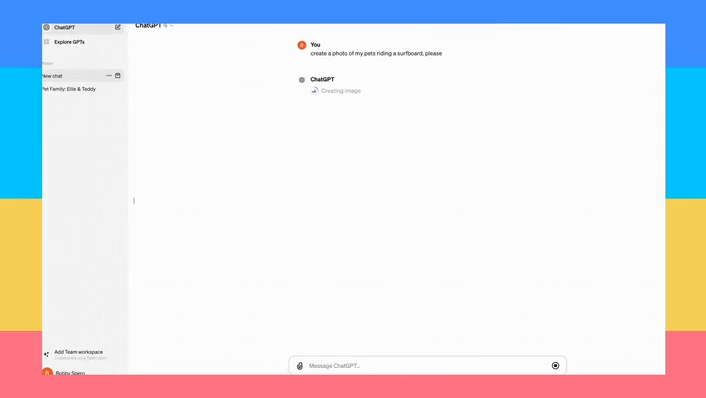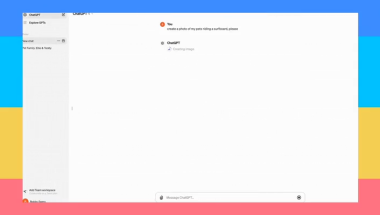- | 8:00 am
Like listening to waterfalls and birds on Spotify? Now when you play them you are helping protect them
‘Nature’ is now an official, credited artist on streaming platforms, so when you listen to them, conservation organizations will get the royalties.

On April 18, a new artist is debuting on Spotify and other streaming platforms, though you’ve definitely heard her sounds before—whether ocean waves, birdsong, or the thrum of falling rain. That artist is nature, and streaming her songs will help fund conservation.
The Museum for the United Nations – UN Live, a Copenhagen-based organization that uses pop culture to spark both empathy and action for the climate, has launched Sounds Right, an initiative to use the music of nature to fund conservation efforts. With nature—stylized as NATURE—as an official, credited artist on streaming platforms, conservation partners will get at least half of all recording royalties.

“We hope this will be an initiative that encourages people to reflect on the value of nature, and how our societal and economic model can do more to give back to the natural world given we all depend on it,” says Gabriel Smales, global program director for Sounds Right.
Those royalties will first go to EarthPercent, a charity cofounded by ambient music pioneer Brian Eno. Then, an advisory panel made up of conservation experts, biologists, environmental activists, and Indigenous peoples will distribute the funds.
Nature tracks available to stream include not only those classic, atmospheric sounds like birds singing or waves crashing—“What you might describe as nature’s solo music,” Smales says—but also songs by global artists that feature nature. These tracks will be available on most major streaming platforms, and on Spotify specifically under a “Feat. NATURE” playlist.
One track is from Eno, who remixed his David Bowie collaboration “Get Real” to feature laughing hyenas and the noises of wild pigs. Another, by Ellie Goulding, adds the din of a Colombian rainforest to her song “Brightest Blue.” Rapper Louis VI had previously released a song called “Orange Skies” about wildfires; he collaborated with nature—and an actual acoustic ecologist—to add sounds from the Borneo rainforest to that track. The playlist includes 15 songs by artists from Colombia, India, Norway, Venezuela, and more. (The nature sounds on those tracks come from UN Live’s partners VozTerra and the Listening Planet, or were sourced by the artists or producers themselves.)
It’s not clear exactly how much funding each stream will generate (many variables go into that). But Sounds Right estimates that more than $40 million could be generated for conservation, with some 600 million listeners over the next four years. That’s from royalties alone; Smales adds that ways to diversify revenue are in the works, and that listeners have the option to donate more by “tipping” the artist.
Environmental nonprofits are woefully underfunded. They receive just 2% of all charitable dollars. In 2020, Americans gave $471 billion to charity in total, but environmental nonprofits received only about $8 billion in donations. Conservation efforts by nonprofits like the Nature Conservancy and the World Wildlife Fund (both of which are collaborators with Sounds Right) receive a lot of that money, but the larger field is still severely underfunded. Human activity has destroyed wildlife populations at an unprecedented rate; they’ve already declined by 68% since 1970. Experts have long advocated for the need to support the biodiversity crisis with more conservation funding.
UN Live first worked on this concept in 2019, when it collaborated with local scientists and musicians in Bogotá to add nature sounds to club music to help people connect with the natural world. “And then shortly after, UN Live developed the concept with partners that money generated from these tracks, or any proportion of it, should go back to nature,” Smales says. “That could be a powerful way of demonstrating how we don’t always need to have an extractive relationship with the natural world.”
Beyond the playlist that launches ahead of Earth Day, more songs from Sounds Right will drop throughout the year. The museum also hopes to inspire more artists to collaborate with nature, and tag it as an artist that can generate royalties for conservation. Any artist interested in that can fill out a form on the Sounds Right website.






































